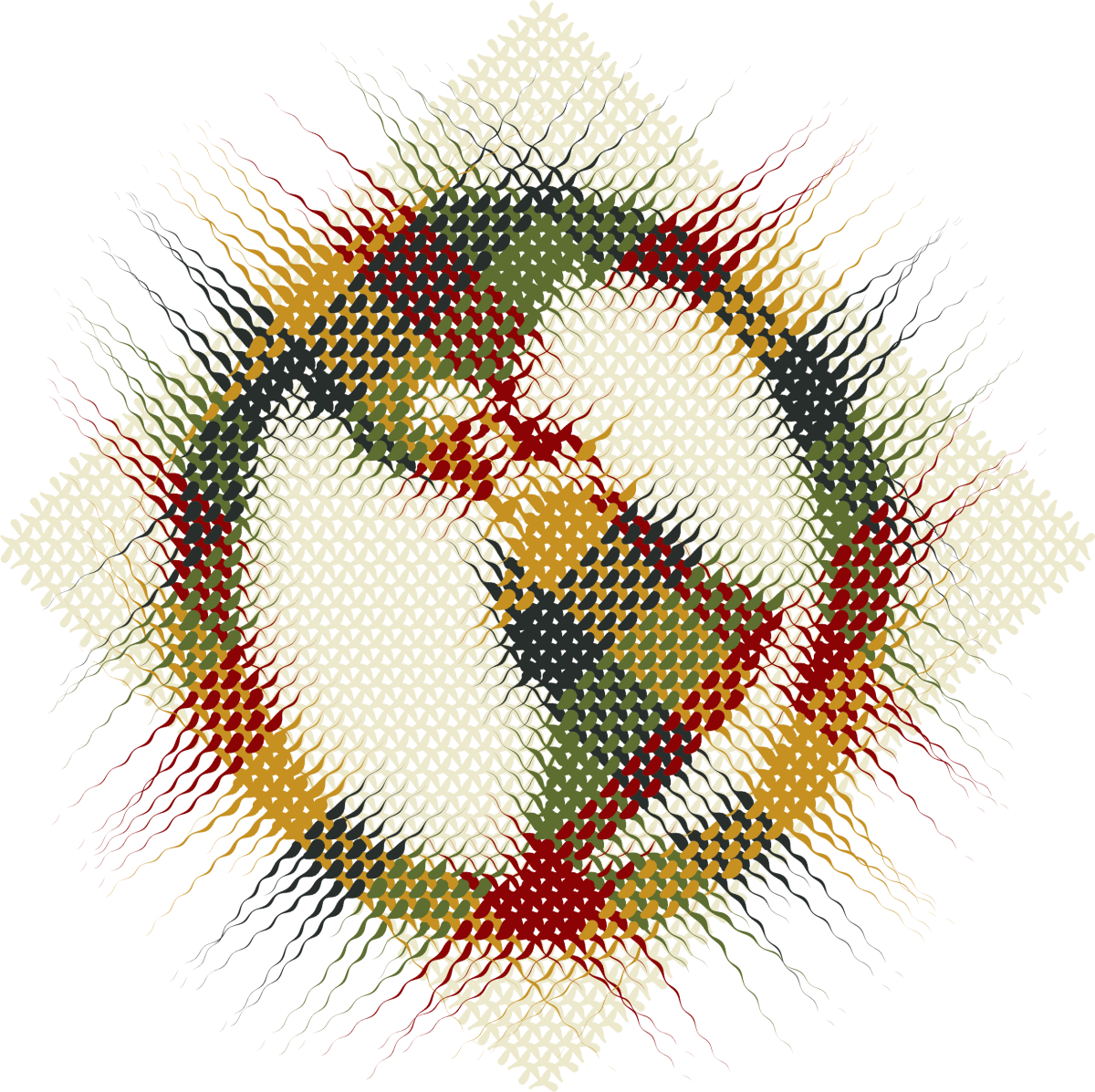Saturday, February 7, 2015
10:00am – 11:15am
Jones Hall 102
Moderated by: Dr. Jimmy Huck, Stone Center for Latin American Studies, Tulane University
Paths and Obstacles to Cosmopolitan Solidarity Among Excluded Immigrant Workers in Rural Tennessee
Tristan Call, Vanderbilt University
Dispossessed Latin American migrants are among the most recent wave of immigrant and refugee workers to fill ‘precarious’ jobs in rural Tennessee, where they have joined African American and white workers in the fields, slaughterhouses, and factories that employ precarious labor in the South and set the diminishing standards for working conditions throughout the region’s low-wage economy. Based on a year of ethnographic fieldwork in Tennessee laboring alongside migrant Latino farmworkers and embedded in a union organizing drive with Latino migrants in a rural sweatshop, I trace how the historical exclusions of farmworkers and formerly-incarcerated workers from basic labor protections in the US intersect with citizenship exclusions used to discipline undocumented workers, dividing and racializing the workforce and impeding broader solidarity. I also explore the tactics employers use to maintain divisions in the workforce, and ways that legal exclusion and the underfunding and deregulation of state agencies negatively impact workers’ health and family lives. Finally, I outline the difficulties these workers face as they reach out to potential allies and mainstream ‘business’ unions in their attempts to organize, and suggest paths forward for multilingual and multiethnic solidarity in the rural South.
Immokalee Farm workers and their Social Crisis on Education and Health
Mary Cano, University of Miami
As the immigration movement has gained momentum over the years, many have been the impacts it has had on both authorized and unauthorized immigrants and their families. This paper examines factors that have led to human right violations on adequate health care and proper education in Immokalee, Florida; a town that has always been under the shadows due to its high unauthorized immigrant population has not been shy of the effects the lack of immigration reform has caused. I will build on the knowledge of the factors that have shaped this situation. In particular, I explore how the role of the anti-immigrant sentiment has enabled an environment for human right violations, with particular consequences for issues such as education and health and how its effects on the farm workers in Immokalee. This paper exposes a larger context on the systematic violations of human and labor rights towards one of the most vulnerable segments of the population. I focus on labor market changes, political aspects and the role of the media. Methodologically, this work combines a historical perspective on immigration policy influencing immigrants with field observation research and the use of a wide range of sources of analysis and data. I adhere to the UN Universal Declaration of Human Rights according to which, access to both health and education are considered to be fundamental human rights. In a town where human rights in education and health seem to be violated, these issues have seen themselves compromised according to the Articles stated in the UN Declaration of Human Rights. The issues discussed not only present a human rights problem but also a social justice problem. In Immokalee, the absence of legal rights has made this undocumented population exposed to exploitation, crime and social problems including those relating to health and education.
A Legacy of Resistance: The Spatial Politics of Barrio Logan’s Built Environment
Manuel Guadalupe Galaviz, University of Texas at Austin
Barrio Logan, City of San Diego, California is one of many Mexican-American communities that suffered the detrimental impacts of displacement via the construction of both the Coronado Bay Bridge and California’s Interstate-five freeway in 1967. Since the establishment of Chicano Park in 1970 and the initial painting of the Chicano Park murals in 1973, Barrio Logan experienced a social-cultural transformation that positioned Barrio Logan and Chicano Park as a space of political and cultural liberation within the Chicana/o social-spatial imaginary. Barrio Logan’s legacy as a cultural and political space that generates social capital stems from a contentious history including racial segregation, environmental injustices, and capital driven industrial maritime development under the auspices of San Diego City planners, The California Department of Transportation, and The U.S. Navy. In order to establish a clear understanding of the political economy of this US-Mexico borderlands, global port, and militarized Mexican-American neighborhood, my paper examines how Barrio Logan’s residents, artists, and activists negotiate spatial transformations and conflicts, and how their negotiations are articulated in oral narratives and visual artistic Chicana/o representations of the barrio built environment. I examine themes of race, urban development, and place making to explore the sentiments Barrio Logan cultural workers foster towards ideas of cultural citizenship, ethnic identity, and environmental justice.
